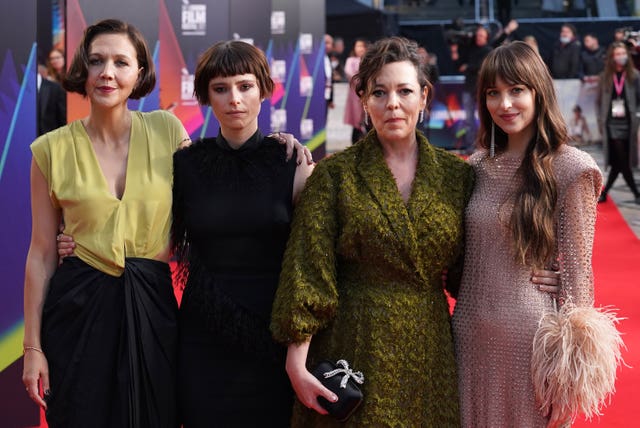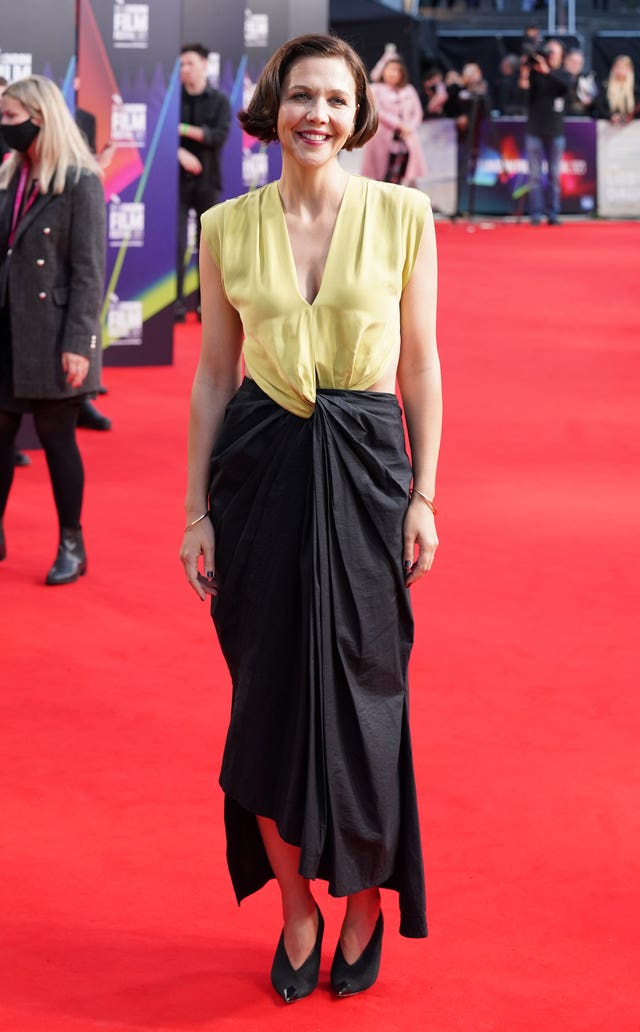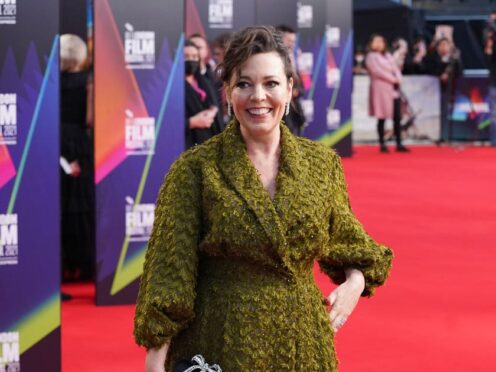Olivia Colman has spoken of the importance of more truthful portrayals of parenthood in cinema, saying: “Motherhood is not a new thing has been invented recently.”
The Oscar-winning actress stars in new film The Lost Daughter as literature professor Leda, who is on a solo beach holiday in Greece when she becomes fascinated by a young mother, played by Dakota Johnson.
The film addresses feelings of defiance, rage and frustration as it flashes back to Leda’s own experiences as a mother and unravels her troubled past.
Colman said it is important to show the different experiences that women can have of motherhood and be honest about the complexities and challenges.
She told the PA news agency: “It was interesting to play someone who’s different to you, although mothers and all parents have these moments when they go, ‘Oh God, what have I done with my life?’
“She takes it to an extreme that I wouldn’t do, but it was really honest and just a fascinating story.”
She added: “I think it’s always important to see your own story reflected or to see the human condition and the human struggle.
“That’s how we learn, by looking at ourselves, seeing each other’s stories as well.

“Art is always going to be desperately important if we ever want to further ourselves and learn from stuff, and so it’s odd that … motherhood is not a new thing has been invented recently, it’s always been there, and so has parenthood, and so it’s weird, now that I’ve seen in that in such honest forms you think, ‘why the hell is this not happened before?’
“It’s so helpful to so many people to be able to go, ‘Thank God I’m not alone, and I have thought these sorts of things’. It’s really important.”
Actress Maggie Gyllenhaal, who makes her directorial debut with the film, adapting the novel of the same name by Elena Ferrante, said it still feels rare to see her own experiences accurately portrayed in cinema.
She told PA: “I feel like not just motherhood, but so much of my feminine experience in the world, I don’t feel like I’ve very often seen it articulated honestly in film.

“In fact, for so much of my life, I was seeing this sort of fantasy version and I wondered, ‘Is there something wrong with me?’ because I have a whole spectrum of other feelings going on here that I never see articulated.”
Describing reading the Ferrante novel for the first time, she said: “I had never heard some of these truthful things said out loud before, written down before.
“I was so stunned by that when I first started reading her, and then I just read everything she wrote because I found it both disturbing and shocking, and also electrifying and really comforting, because it wasn’t just me.
“Her books are flying off the shelves and women around the world and men, I think… You know, she broke an agreement that we had made culturally not to talk about any of this.”
She continued: “I thought when I read the books, wouldn’t it be wild, and wouldn’t it be radical, to put these things up on screen and have them play in a communal setting.
“So, instead of alone in your room with a book, you might be sitting next to your husband, or your mother or your sister or your daughter and have to have both a personal experience and a communal one at the same time.”
The Lost Daughter is in cinemas now and on Netflix from December 31.
